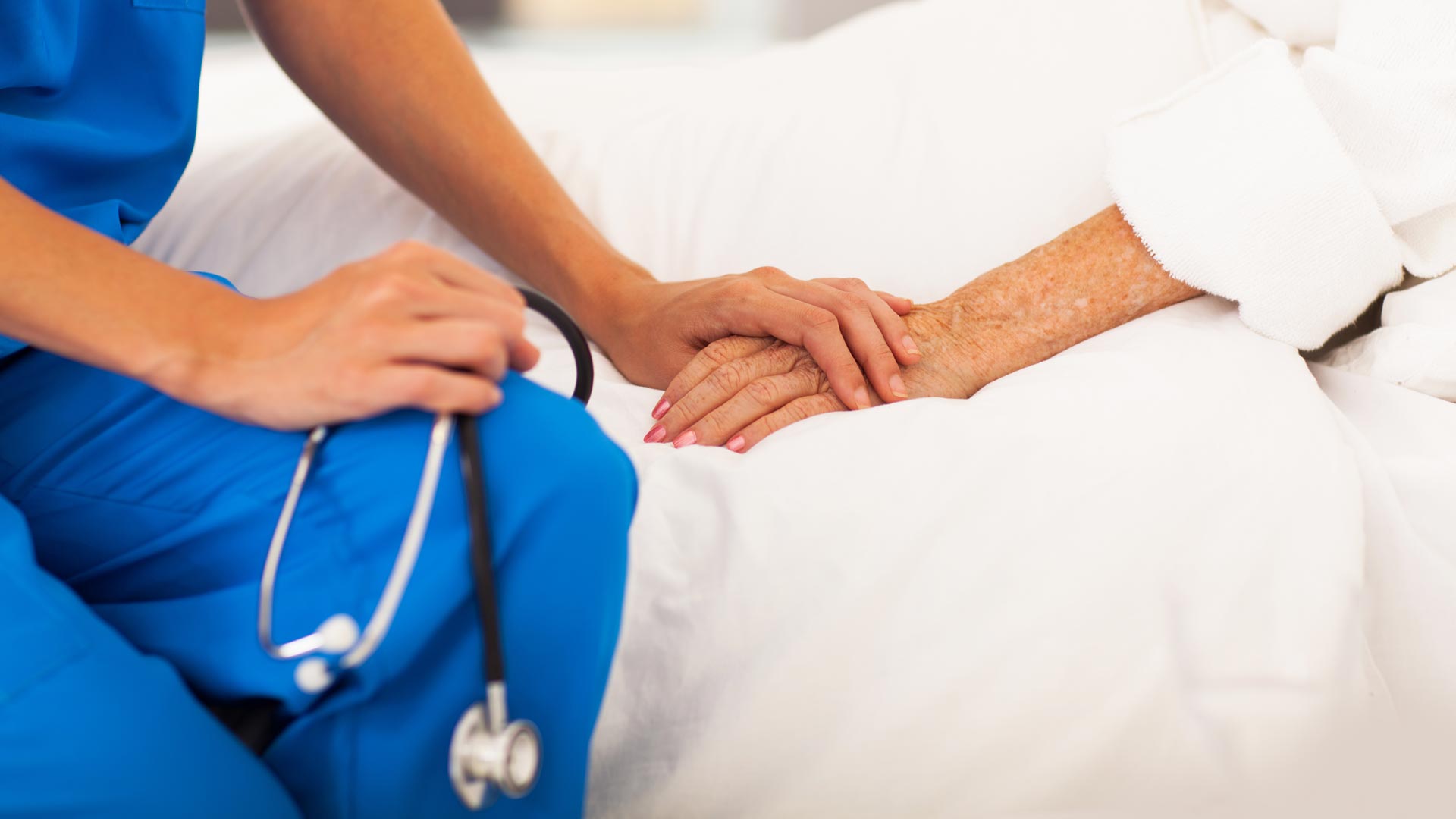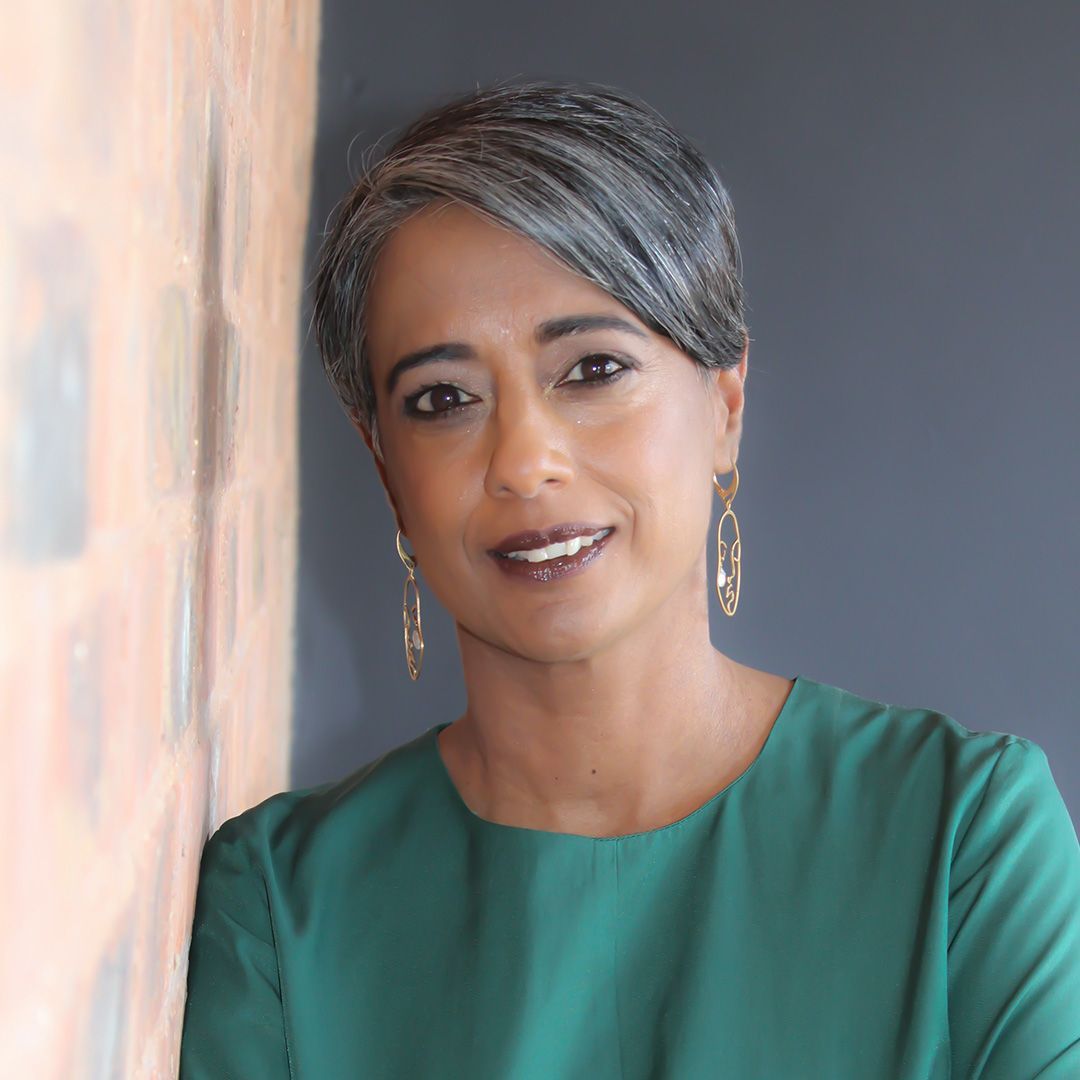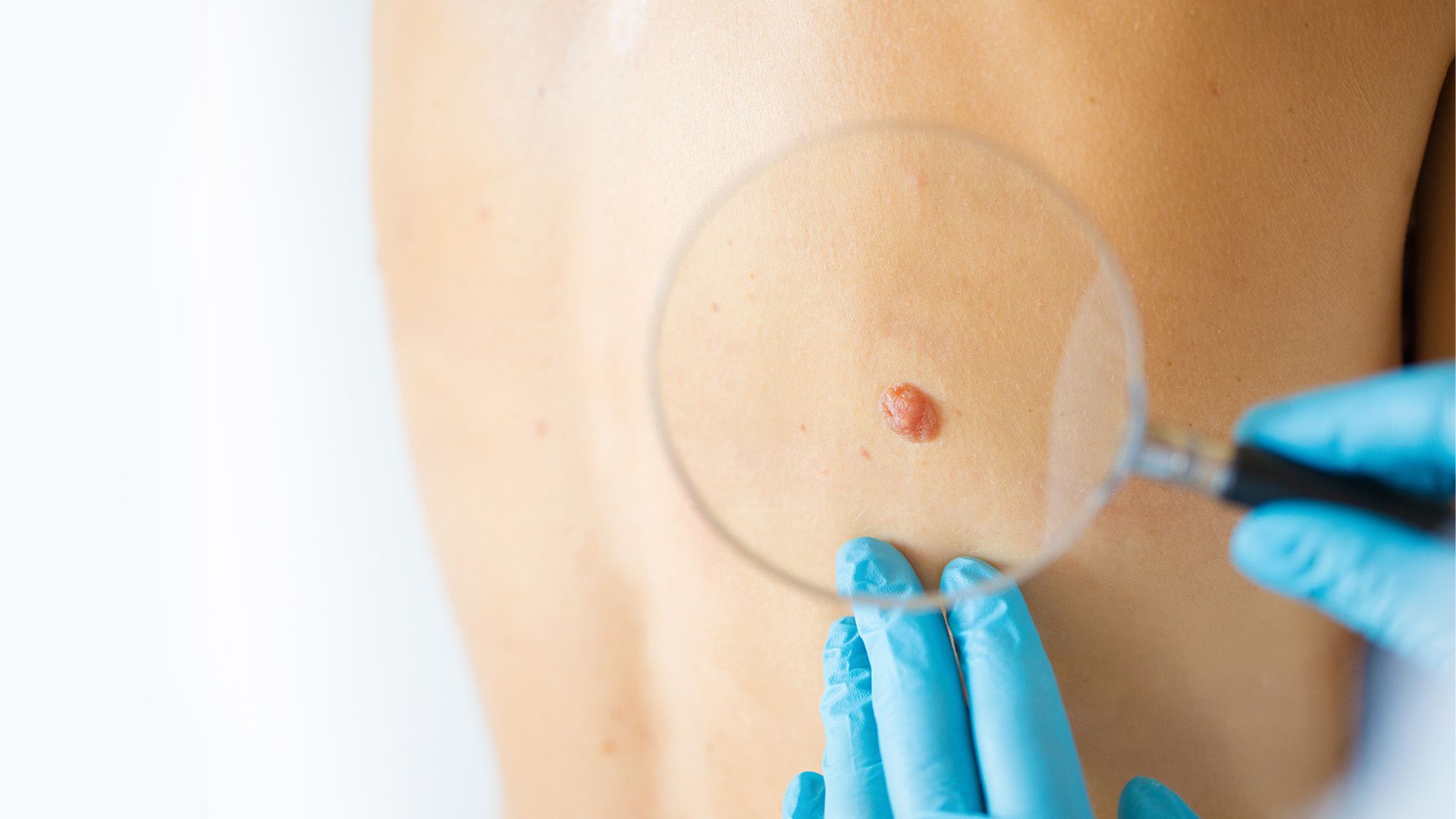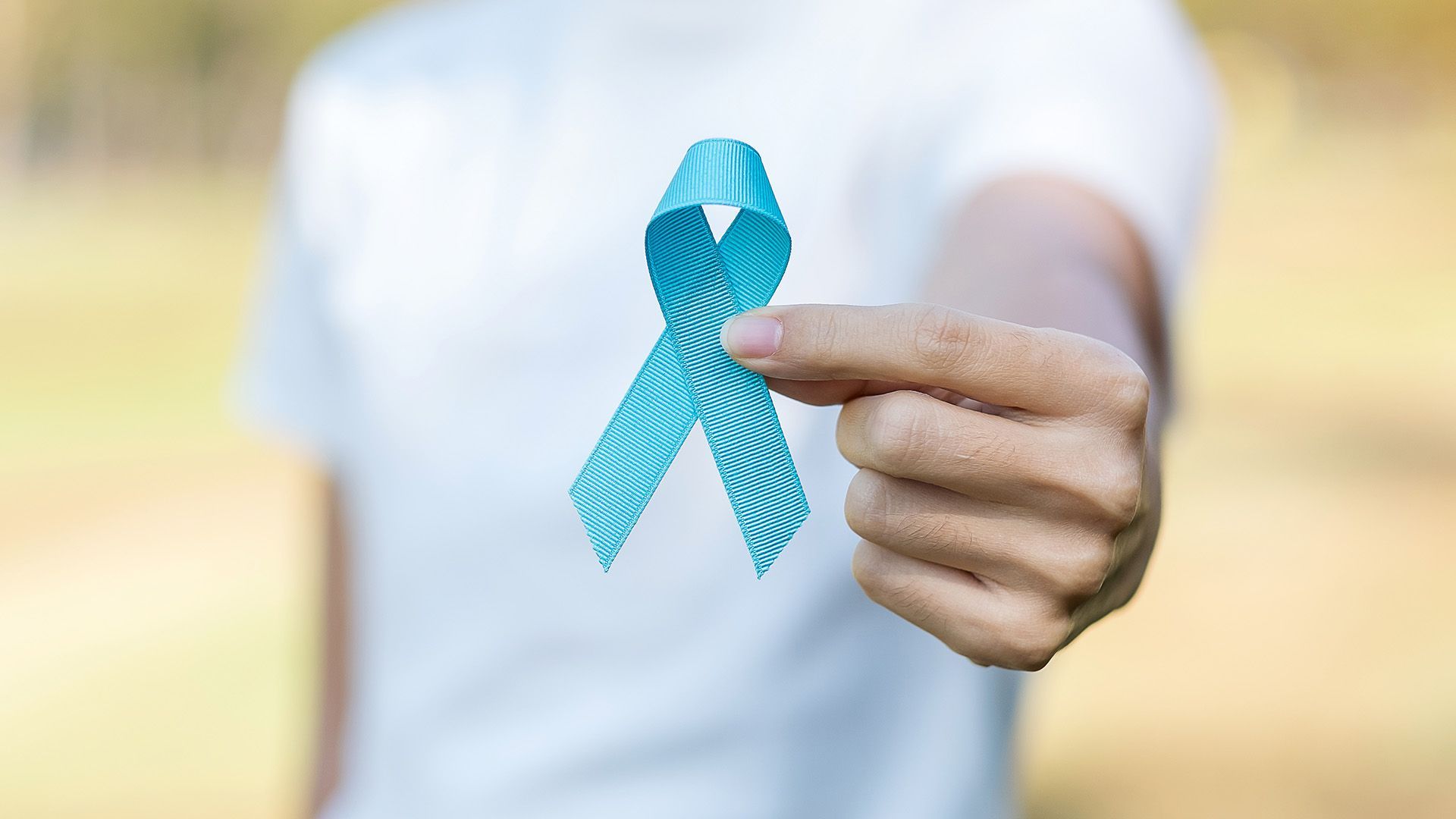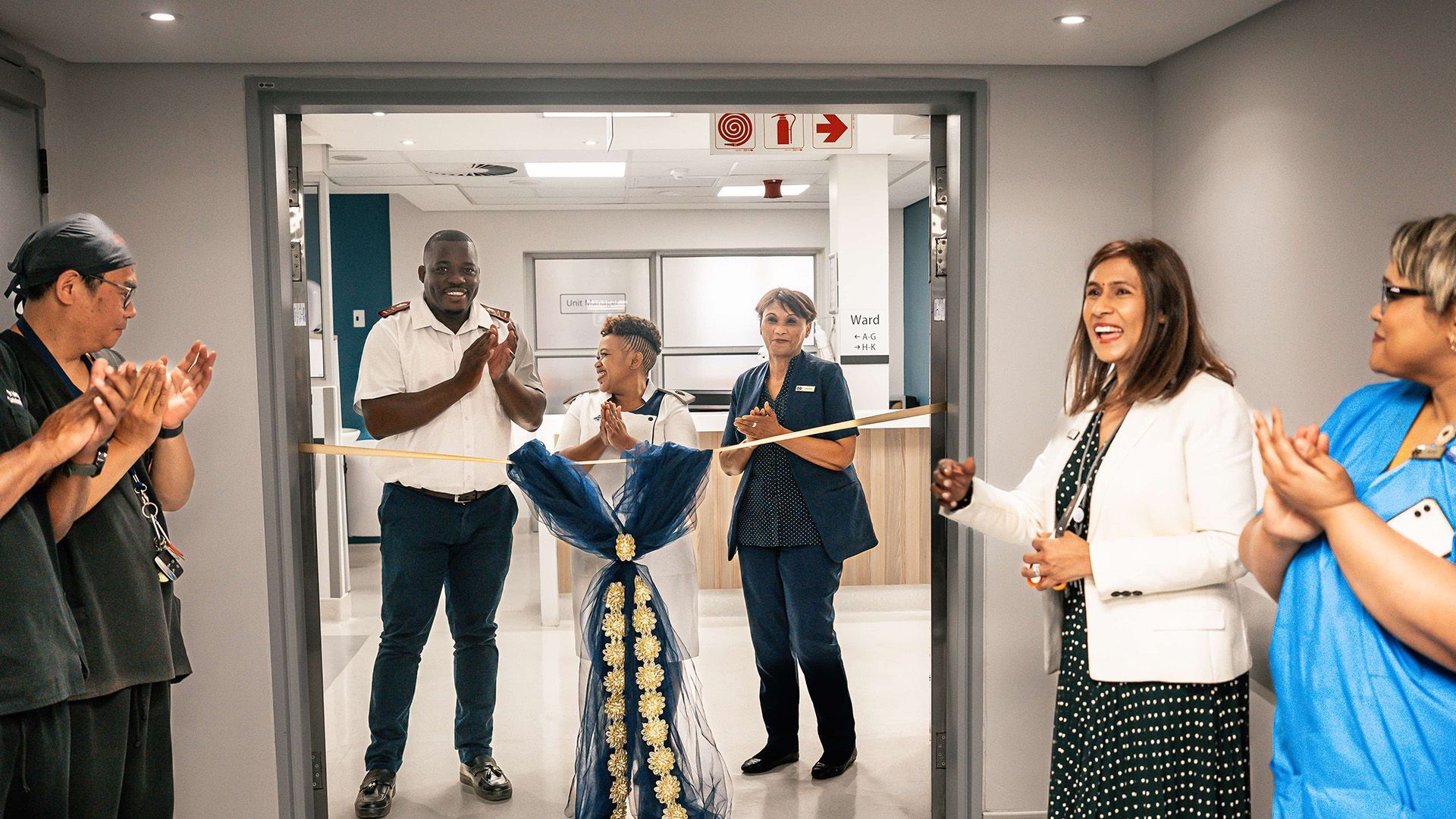Home carers should prioritise their own well-being to avoid burnout
Drickus Maartens • February 24, 2020
How to tackle the challenge of carer fatigue
Many families in South Africa and the world over have little choice but to quietly carry the responsibility of caring for a loved one who is physically or mentally unwell within the home environment. Tending to an ill loved one on an ongoing basis can be immensely stressful on families and particularly the main caregiver.
“While some stress is normal and usually manageable many individuals are not only holding down jobs, dealing with the day-to-day concerns of making ends meet and normal family responsibilities, but also have the additional responsibility of having to attend to a loved one who needs ongoing care,” says Sandy Lewis, a clinical social worker and the head of therapeutic services at Akeso
mental health facilities.
Lewis says that the stress and burdens placed on so many of these home carers — who may have to look after a partner with a severe mental disorder or physical disability, a child with special needs, or an ageing parent with dementia, to note just a few possible examples — is often considerable, and they may become highly susceptible to burnout.
“An added problem is that many communities in South Africa lack sufficient support services to assist both the carer and the individual for whom they are caring. Set against a backdrop of increasing economic and social pressures, carer burnout represents a growing challenge to our communities, with some mental health authorities even referring to it as a rising national ‘epidemic’,” says Lewis.
“Most concerning is that the person who develops burnout may go on to completely lose their ability to offer their loved one effective care, feel deeply guilty as a result, and in extreme cases, may even be at increased risk of suicide. It should also be noted that those carers who themselves have existing mental health disorders such as depression or anxiety, may find that these are exacerbated under such conditions.”
Lewis says that, fortunately, there is a lot that people who are in this situation can do to manage their stress and empower themselves. Most critical is for carers to recognise the risks they may face and, where necessary, address these to prevent the possibility of burnout.
Self-care is critical
“It is imperative for carers to prioritise their own well-being and to ensure that they first and foremost care for themselves. While this may sound rather obvious, it is important to emphasise it, as many people are good at caring for others but lose sight of how important it is to care for themselves.
“They may also lose sight of the fact that caregiving can be physically and emotionally draining, and blame themselves when things go awry. Remember that you, as a caregiver, are the family’s most important resource and that looking after yourself should be an absolute priority,” she notes.
“A big part of self-care is to be able to seek help and support when you need it and to develop improved coping strategies. If you as a carer feel overwhelmed by your many responsibilities, try to remember that you need not be coping on your own; help is available through various organisations and community support groups should you need it,” she emphasises. The South African Depression and Anxiety Group (SADAG)
can for example assist in this regard. Where possible, also enlist help from family members or friends to enable you to take a break when you start to feel overwhelmed.
Akeso occupational therapist, Manuela Smith, agrees, noting: “The belief that ‘toughing it out’ or ‘pushing through’ can be dangerous, as your brain needs rest just as much as your body does.” When we don’t get enough rest, we can’t self-regulate, and are more likely to act out our overwhelming feelings in ways that are destructive and even harmful to others and ourselves.
“Often the carer feels fatigued simply because they have not had time to themselves to recharge their batteries. Taking some time for yourself is therefore a critical aspect of self-care and can make a positive difference to your state of mind. Both the quality and quantity of rest time is important, so be sure to take an afternoon off to see a movie or to spend a few days away from the loved one for whom you are caring,” adds Smith.
Warning signs of carer fatigue and burnout
Lewis says common symptoms include emotional exhaustion and fatigue, apathy, difficulty sleeping, weight gain or loss, irritability, feelings of helplessness, hopelessness, guilt and anger. Many carers may also experience a state of de-personalisation, which is when one's thoughts and feelings seem unreal, almost as though they do not belong to you.
She adds that the psychological stressors facing the home carer may be very similar to those faced by many professional carers, such as nursing professionals. An important difference, however, is that the home carer has not chosen it as a profession and often lacks the training and psychosocial support to assist them with what is effectively an additional and emotionally draining job.
Ways to reduce burnout
Smith suggests that home carers consider some of the following steps to help reduce their risk of potential burnout:
- Knowledge is power, so find out as much as you can about your loved one’s physical or mental condition, as well as about the resources that are available to assist you and your family.
- Know your limits and do not be afraid to seek assistance and help if you need it.
- Try to work on developing strong support systems. Having the ear of a good friend, or members of a support group, can assist in preventing you from feeling isolated and reduce anxiety.
- Self-nurturing ‘me time’ activities, such as shopping, reading and going for a walk can be surprisingly restorative.
- If you are concerned about your own mental health, consider consulting a mental health practitioner such as a psychologist, therapist, or a psychiatrist when medication may be of assistance.
- Consider learning deep relaxation techniques and mind-body practices like yoga, tai-chi, mindfulness and meditation, which can meaningfully assist you to reduce stress levels.
- Should the loved one you are taking care of have a mental disorder and say hurtful things, try to remember that this is not intentional and it is more than likely the ‘illness speaking’.
“Self-care makes it possible for the caregiver to be more effective as they are more balanced, focused, regulated and rested. It may be difficult to justify this to yourself as feelings of guilt and selflessness often over-rule the need for self-care. Yet, as much as compassion for your loved one is important, self-compassion is just as important,” concludes Smith.

December 22, 2024
As the holiday season kicks off, it’s all too easy to get caught up in the festive spirit and overlook potential medical emergencies. Dr Neville Vlok, a specialist emergency medicine physician practising in the emergency department at Netcare Unitas Hospital, highlights four health issues that could disrupt even the most carefully planned holiday celebrations.
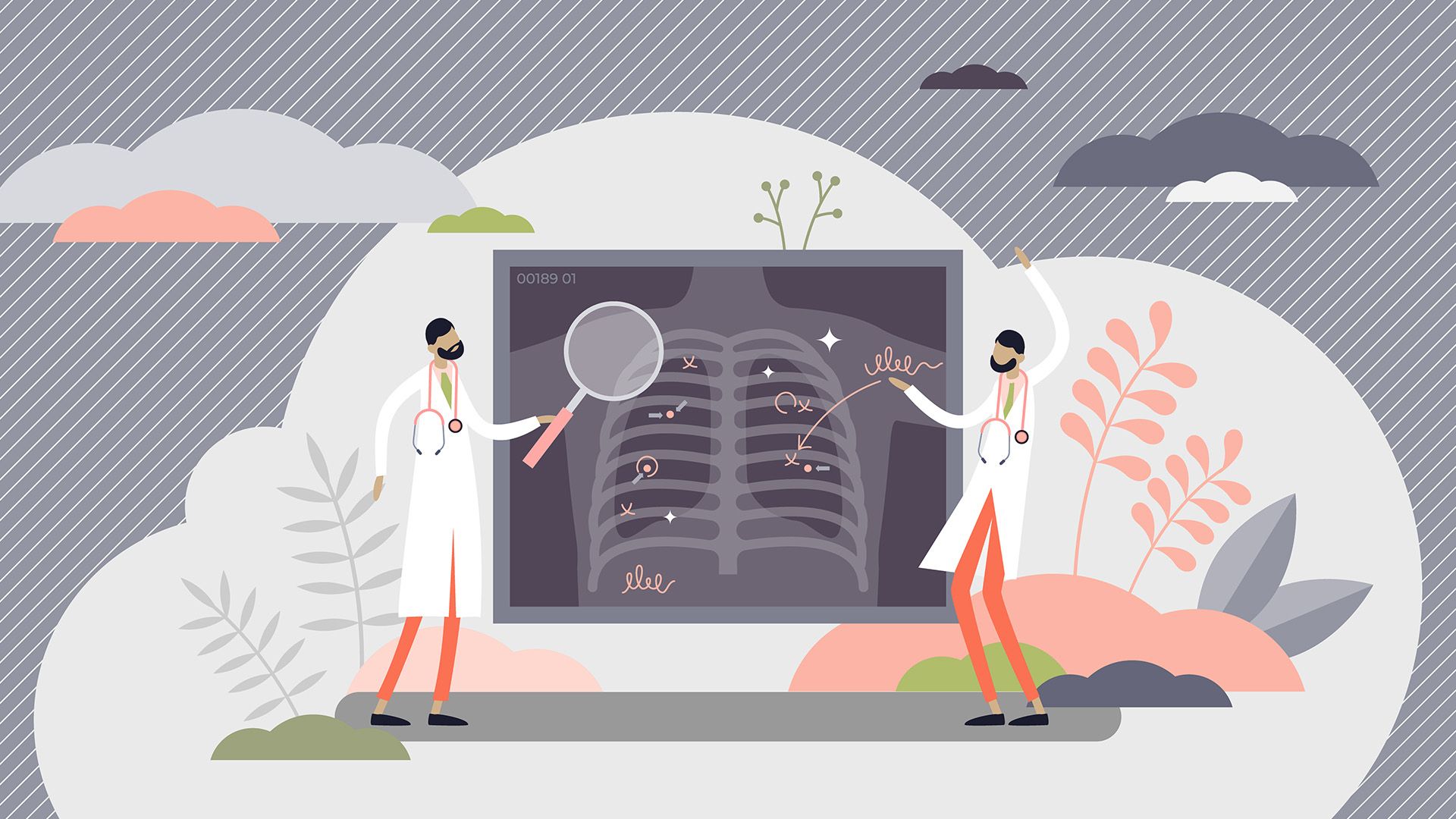
December 11, 2024
Clinical oncologists Dr Sylvia Rodrigues and Dr Karen Motilall have been prescribing radiation treatments for their cancer patients requiring this treatment modality, with the Varian TrueBeam™ 4.0 linear accelerator (linac), for the past year and have seen the equipment’s versatility and advantages for patients.

